Every year, the South by Southwest film festival debuts hidden gems, and I Used to Be Funny was one of its standout films in 2023. Now available in theaters, audiences can finally witness Rachel Sennott’s stellar performance in this indie drama. Directed by Canadian filmmaker Ally Pankiw, I Used to Be Funny takes a poignant look at mental health, loss, and healing, with Sennott playing the role of Sam, a stand-up comedian struggling to regain control of her life.
At its heart, I Used to Be Funny is a character-driven film that dives deep into Sam’s personal trauma. Known for her comedy routines about men and modern dating, Sam’s world takes a dark turn after a traumatic incident leaves her grappling with PTSD. As the film unfolds, Sam becomes obsessed with the disappearance of Brooke, a teenage girl she used to nanny. Her emotional turmoil disrupts her relationships with friends and roommates, causing her comedic talents to fall by the wayside. This portrayal of internal struggle and emotional isolation resonates deeply with audiences who have faced similar hardships.
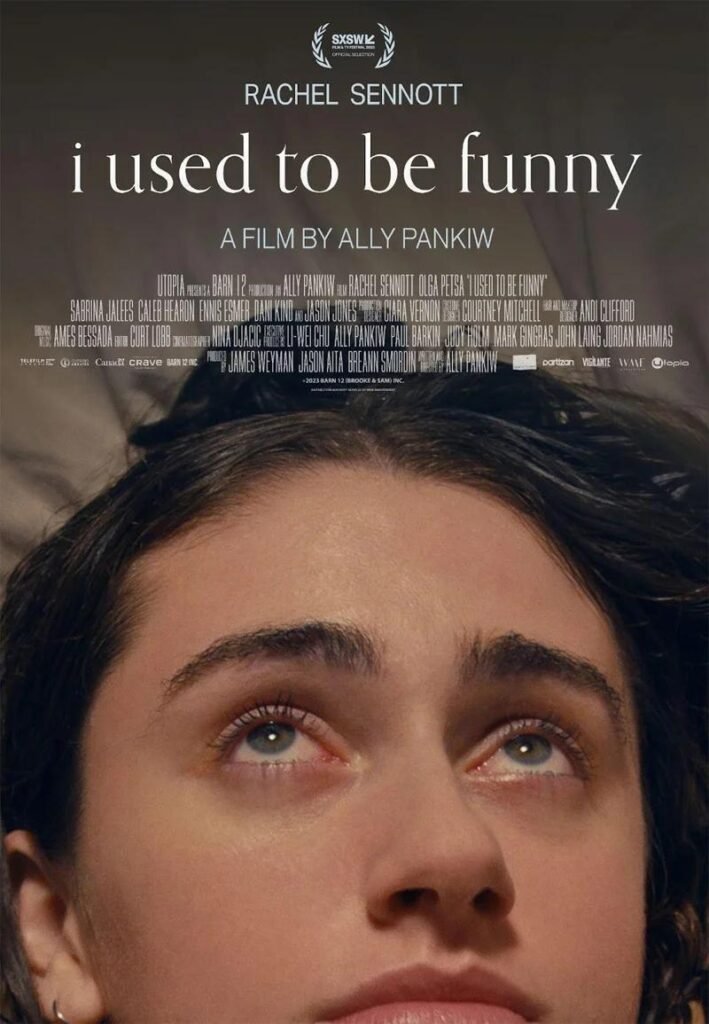
Rachel Sennott’s Standout Performance
For fans of Rachel Sennott, I Used to Be Funny is a must-watch. Since her breakthrough in Shiva Baby (2020), Sennott has become an indie darling, known for her sharp wit and comedic timing. Her roles in Bodies Bodies Bodies and Bottoms further cemented her status as one to watch in the New York comedy scene. In I Used to Be Funny, however, Sennott strips away the humor, revealing a vulnerable and deeply emotional side.
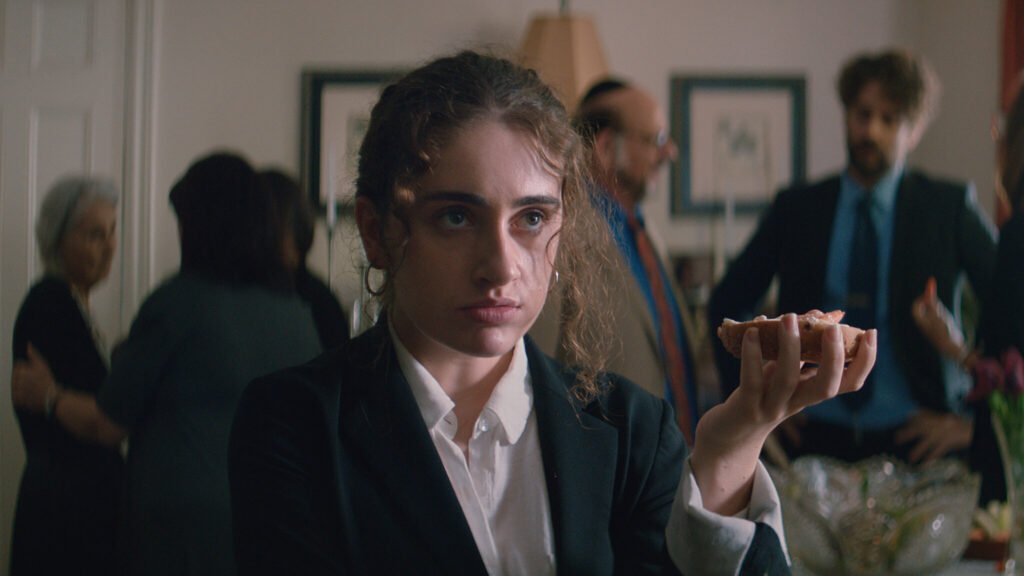
Sennott’s portrayal of Sam shows an actress ready to break away from her typical comedic roles and dive into more dramatic territory. Drawing from her own experiences in stand-up comedy, Sennott embodies the emotional weight of Sam’s struggles, delivering a performance that feels raw and authentic. It’s a transformative role that proves Sennott is capable of much more than just punchlines—her depth as a performer is on full display here.
A Promising Premise, But Some Missed Opportunities
While I Used to Be Funny offers a powerful premise and a captivating lead performance, it does fall short in some areas. The film aims to explore themes of mental health, trauma, and healing, but its execution lacks clarity. At times, the storyline wavers, unsure whether to focus on the power of friendship or the importance of independent recovery.
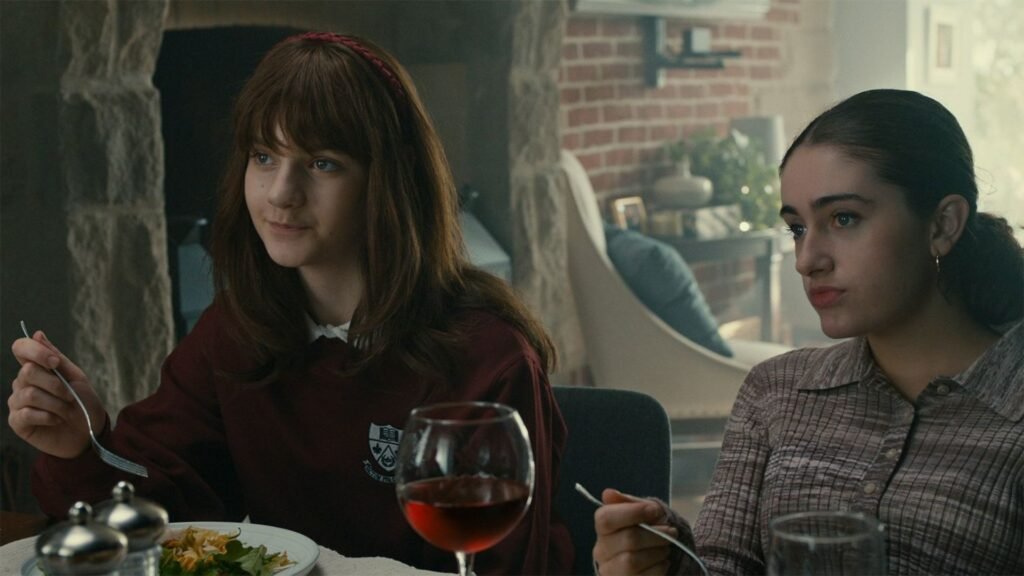
Sam’s friends, played by Sabrina Jalees and Caleb Hearon, are portrayed as unsupportive, yet the film tries to emphasize their significance in her journey. This contradiction leaves viewers feeling disconnected from these relationships. Similarly, Sam’s ex-boyfriend, played by Ennis Esmer, is introduced as a potential emotional anchor, but his role feels underdeveloped and unnecessary to the overall narrative. These unclear character dynamics limit the film’s emotional impact, leaving viewers uncertain about the importance of these relationships in Sam’s healing process.
Another aspect that dates the film is some of the humor, which feels too anchored in current social trends, making it less timeless and more of a “moment in time.” While this may resonate with contemporary audiences, it could limit the film’s longevity.
A Strong Ending and Overall Impact
Despite these minor flaws, the film manages to stick the landing with a strong and meaningful ending. The ambiguity surrounding Sam’s relationships becomes a strength, mirroring the non-linear path of recovery. This reflection of real-life healing, combined with Sennott’s captivating performance, elevates the movie and leaves a lasting impression.
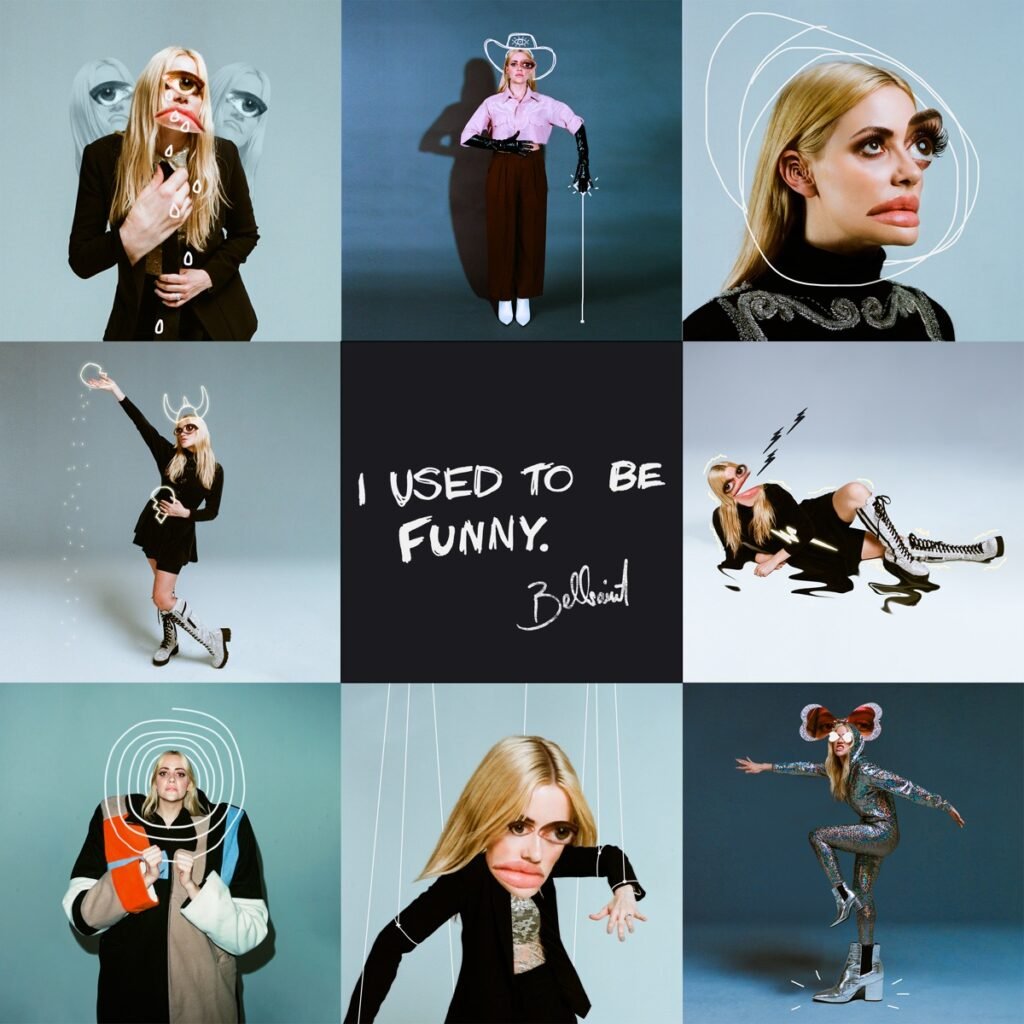
Ultimately, I Used to Be Funny may not have the widespread appeal of bigger releases, but for fans of indie films, Rachel Sennott, and nuanced character studies, it’s a standout film. Sennott’s emotional range in this role makes it clear that she’s a force to be reckoned with in the world of independent cinema.
Why “I Used to Be Funny” Is Worth Watching
For those who love independent films with emotional depth, I Used to Be Funny delivers on many fronts. Rachel Sennott’s performance is reason enough to watch, as she masterfully balances humor and heartache. The film’s exploration of trauma, self-discovery, and the complexities of healing adds weight to its narrative, making it a thoughtful and engaging watch.
While it may not appeal to every viewer, I Used to Be Funny is an important addition to the landscape of films dealing with mental health. Its portrayal of a woman battling her inner demons with humor and heart is a story that will resonate with many, especially those familiar with Sennott’s rising star.If you’re a fan of indie cinema and want to see Rachel Sennott’s talent in full force, don’t miss I Used to Be Funny. For more indie film reviews and streaming options, head over to FMovies.

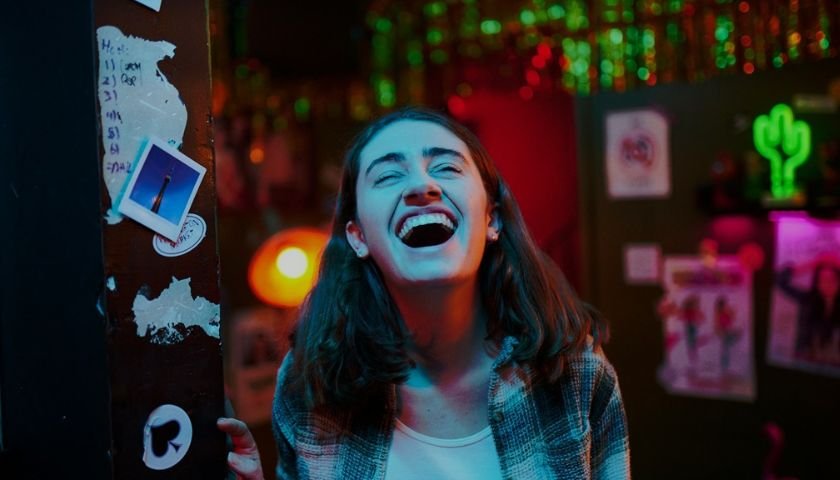
1 thought on ““I Used to Be Funny” Review: Rachel Sennott’s Star Power Shines in This Emotional Indie Drama”